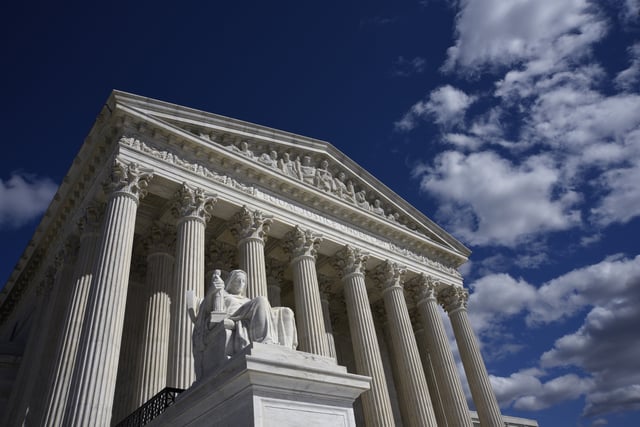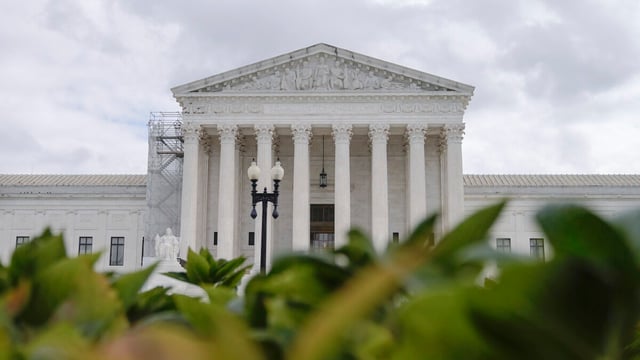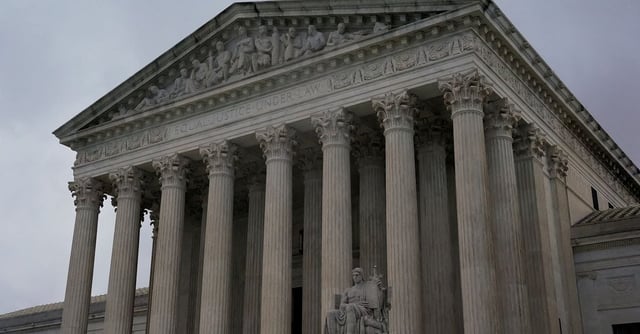Overview
- The Supreme Court's conservative majority seemed sympathetic to Alabama's law enabling police to seize and impound vehicles after drug-related arrests, even if the owners are unconnected to the crime.
- The court heard appeals from two women who had their vehicles seized in such circumstances and had to wait more than a year before courts determined their vehicles should be returned. Neither woman was implicated in the crimes for which their cars were seized.
- Alabama's law allows what is called a 'summary judgment'. This suggests that property owners could speed up the process by promptly asking courts to issue a summary judgment in their favor or rule on an expedited basis.
- Federal and state governments have the power to seize property suspected of facilitating a crime, even if the owner isn't charged or convicted. Critics argue this incentivizes police to seize property for its value and often leads to lengthy retention of the property.
- Recent revisions of Alabama's law now allow someone claiming to be an innocent owner to request a hearing at any time after the seizure. However, it is yet to be determined whether it fulfills constitutional due process requirements that insist on prompt opportunities for owners to reclaim their property.


